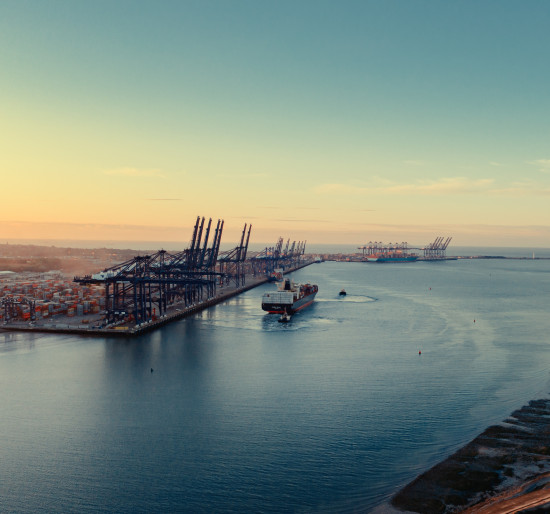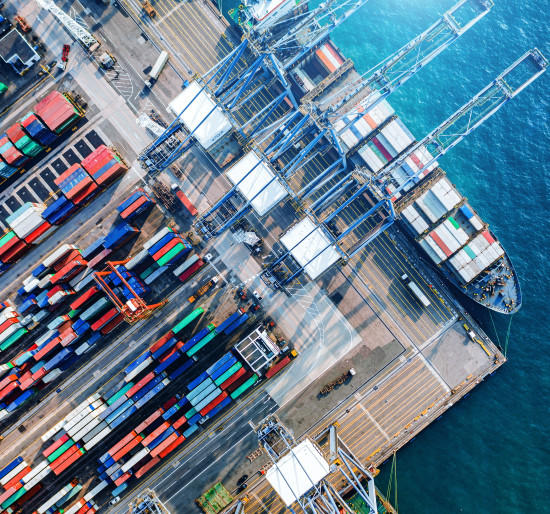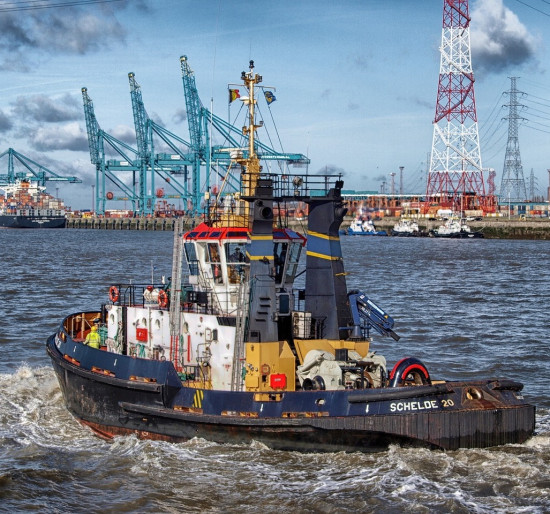Is the Duty Holder the key in new Ports & Marine Safety Code?
Harbours & portsFirst introduced in 2000, the Ports & Marine Facilities Safety Code sets out a national standard to improve the safety of ports and marine facilities.
With the recent publication of the new Ports & Marine Facilities Safety Code (the Code), our senior marine consultant Donna Van Damme has been reviewing some of the changes that have been made and how port and marine facility operators can act to make sure they are operating safely and remaining compliant with the Code.

by Marex senior marine consultant Donna Van Damme
First introduced in 2000, the Ports & Marine Facilities Safety Code sets out a national standard to improve the safety of ports and marine facilities.
Although compliance is not mandatory, there is a strong expectation that anyone who manages ports and other marine facilities will incorporate the relevant requirements of the code into their safety management and other systems.
The Code should be read in conjunction with its companion Guide to Good Practice (the Guide). The Guide is intended to supplement the Code and is primarily written for operational staff, containing useful information with more detailed guidance on several issues relevant to the management of ports and other marine facilities.

The latest update follows a report issued last year by the Maritime and Coastguard Agency (MCA) based on the results of the annual “health checks” it carried out between 2021 and 2023 (the Health Check Findings).
As we know, the composition of ports, harbours and other marine facilities in the UK vary significantly in size, volume and types of traffic handled and the MCA visits a wide range and composition of port marine facilities across the UK to carry out these checks.
The report contained observations, enhancements and examples of best practice observed during the health checks, and as the MCA is responsible for supporting the Department for Transport in developing and implementing its maritime safety and environmental protection strategy, we can only presume this was a driver for some of the changes.
So, there has been an extensive rearrangement with the publication of the new Code and its accompanying Guide.
Both documents now contain 10 sections, with each section based around one of the key measures identified as critical to the management of port and marine facility safety.
One of the observations from the Health Check Findings was: “the role and identity of Duty Holder was not published. This was particularly prevalent amongst municipal ports.”
So it’s no real surprise that the new Code now explicitly states: “organisations should publish information explaining who their Duty Holder is and how they can be contacted”.

What was a surprise to me however, is how difficult it still is to find Duty Holder information for a lot of ports.
The cynic in me wonders if this oversight for many ports is down to people seeing what they expect to see.
While ports and marine facilities should have a Designated Person (DP) who acts as a fresh pair of eyes to provide assurance of the effectiveness of the Marine Safety Management System (MSMS), the reality as highlighted in the Health Check Findings is: “inability, particularly among municipal ports, to effectively demonstrate the independence of the Designated Person”.
If a port has a Designated Person who isn’t wholly independent, who knows the systems, they are much more likely to see what they expect.
How often as auditors do we hear the same refrain of ‘I’m sure it was there…’?
Marex can provide a verifiably independent, suitably qualified Designated Person for ports, harbours and marine facilities who will - with a fresh pair of eyes - provide assurance to the Duty Holder on how well the MSMS is working in ensuring compliance with the Code.
A requirement of the previous Code was that Duty Holders have an appropriate insight and understanding of their organisation’s port marine activities, MSMS and policies and procedures, which was normally ensured through training.
The “aide memoire” in the new Guide now specifically includes the requirement: “Does the Duty Holder receive PMSC training/briefing specific to their role?”.
The level of training required for Duty Holders will vary between ports, depending on the types of marine activities which are undertaken. Marex can providing training which can be tailored to the specific requirements of a port.
Find out more here >> or get in touch to discuss your needs here <<










